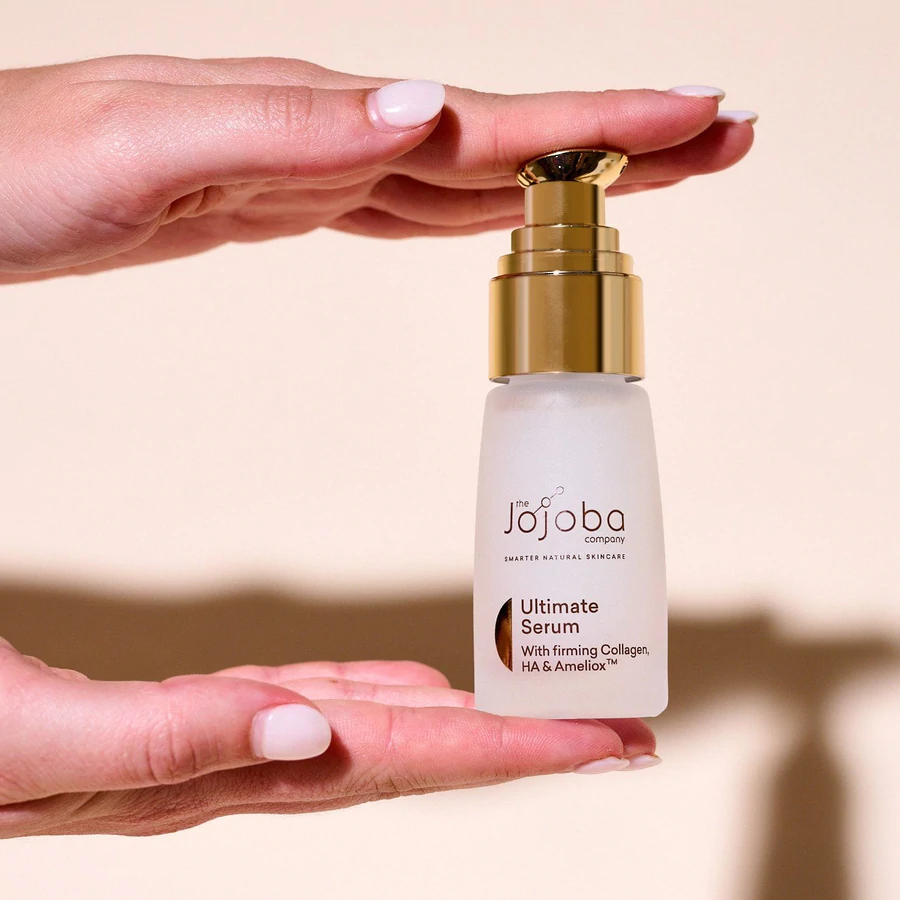Natural facial oils and serums can improve your skin’s overall health and appearance. When you think about it, their functions may appear to be similar. However, each has a unique effect on the skin. All that can help you get out of the confusion is to figure out how the two products are different at the core.
If you’re confused about which of these two skincare powerhouses to choose, read on to know more. In this article, you’ll learn the benefits and uses of facial oil and serums and how to incorporate them both into your daily routine.
Natural Facial Oils
Natural facial oils are a combination of oils that are high in antioxidants, vitamins, and vital fatty acids. They have larger molecules and can only get to the surface, requiring more time to absorb. Facial oils make the outer layer stronger so that less water is lost through the skin’s surface. This helps keep the skin hydrated and plump, making fine lines and wrinkles look less noticeable.
- Benefits
In the world of skincare, natural facial oils are multi-purpose products. You can use them to protect your skin from the elements while also addressing various other skin issues. Benefits of natural facial oil include:
- Boosting the production of collagen to reduce wrinkles.
- Preserving the skin from the effects of oxidative stress.
- Correcting discoloration and leveling out the skin tone.
- Improving the freshness and radiance of older, drab skin.
- Achieving a dewy effect when applied before foundation.
The idea that people with oilier skin should avoid using facial oils is a myth. Applying the proper facial oil might manage the skin’s natural oil production.
- Application
Natural facial oil should be the last step in your skincare regimen since it’s the densest and takes the longest to absorb. Mixing facial oils into your moisturizer or applying them afterward will help maintain optimal moisture. You can use them every day, but it’s best to save them for the night. The reason behind it is that facial oil could be less effective in the morning because you use sunscreen as part of your skin care routine.
Serums
Serums contain high concentrations of active chemicals in a thin, liquid form to address specific skin issues. Unlike other skincare products, serums have a smaller molecular structure, allowing a potent dose of ingredients to penetrate the skin more quickly and deeply. The texture of serums can range from a thin, watery consistency to a more gel-like one.
- Benefits
A serum can have several benefits if you use one well-matched to the type of condition you wish to treat. Some of its benefits are the following:
- Softens and soothes sensitive skin.
- Reduces the visibility of wrinkles and fine lines.
- Prevents free radicals and further damage to the skin.
- Lightens your skin.
- Serums may also be a preferable choice for those who want an immediate boost to their skin’s appearance or those who want to slow down the signs of aging.
- Application
A face serum should be used as a base layer under thicker products such as moisturizers, sunscreen, and makeup. When you do so, you may be able to avoid skin pigmentation, oxidative damage, dryness, and wrinkles. Furthermore, serum should be applied once or twice a day after cleansing and toning.

What you hope to achieve with your serum will determine how often you should use it. Here are a few pointers to know when to apply face serum to your skin:
- Anti-Pigmentation/Antioxidant – Apply in the morning. This protects your skin from things like pollution and light that causes free radicals to be made, like ultraviolet (UV) and high-energy light.
- Anti-Aging – For nighttime use, this is the best option. This lets the ingredients work while you sleep so that your skin can repair itself and grow new skin simultaneously.
- Hydrating – Apply twice a day to keep your skin hydrated and dewy for those with dry skin.
As a rule of thumb, serums perform best when applied as a first layer to freshly cleansed skin. Alternatively, if you believe that the active component in serum is excessively irritating or drying, you can layer it over another product to generate a soothing effect.
Conclusion: What’s The Difference
Face oils and serum substances are made to treat, nourish, and hydrate the skin. Despite their similar functions, they differ mainly in composition and molecular size. Serums use active water-based ingredients, whereas natural facial oils use oil-soluble ingredients. Moreover, serum is a water-based substance with small molecules that can get into the skin very well. On the other hand, Facial oils have a higher molecular concentration, which helps build a skin barrier on the surface.
Although they differ in terms of composition and size, both can be used to achieve nearly the same goals. Facial oils provide added moisture, while serums target urgent skin concerns.







